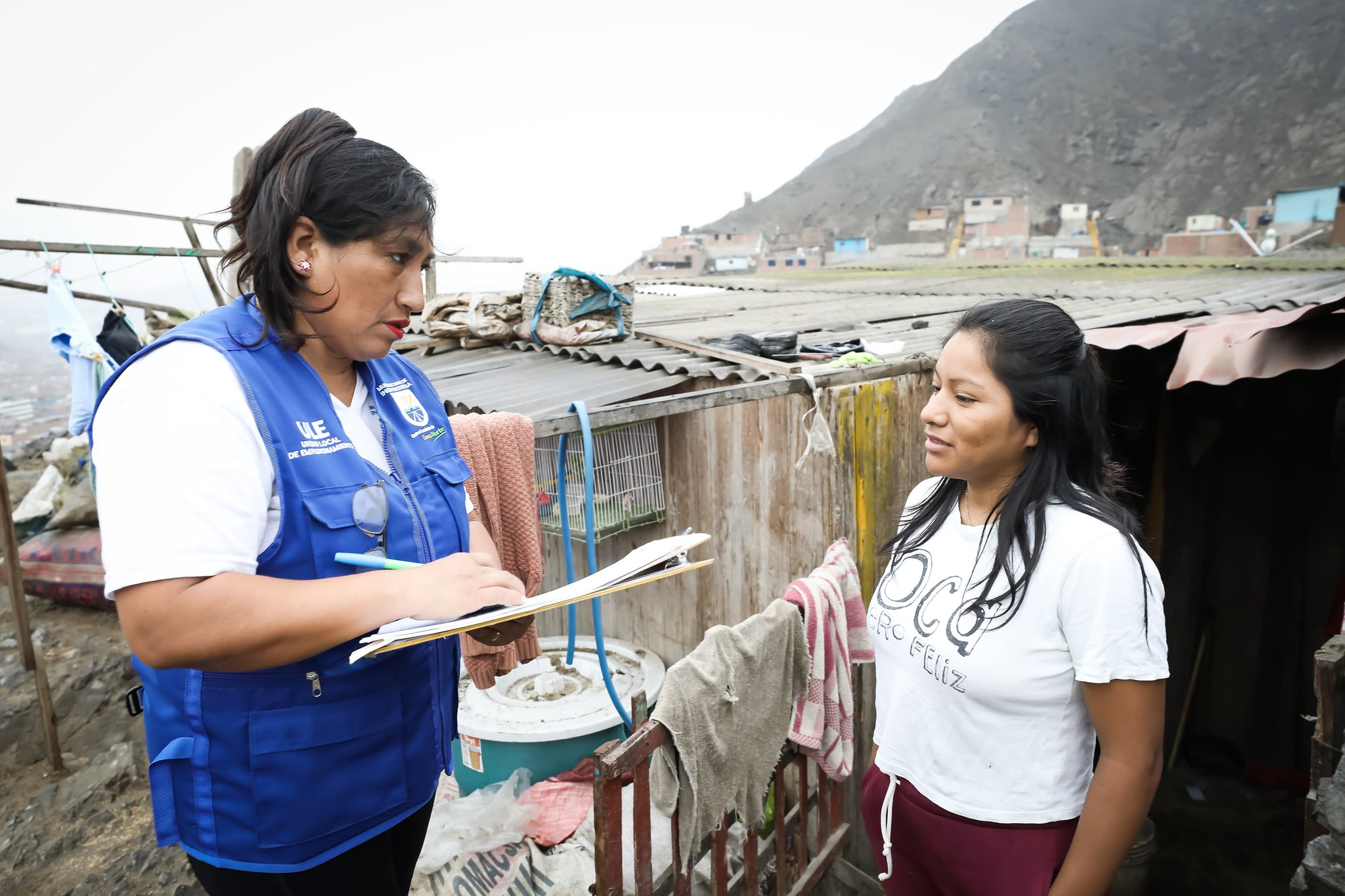
The Ministry of Development and Social Inclusion (Midis), with the purpose of providing support to the vulnerable population through the State, has announced the start of the eMassive registration in 60 priority urban districts and expansion areas. This activity will take place from September to December, and its objective is to assign or update the socioeconomic classification of households.
“It is crucial to make visible those who tend to go unnoticed. There are still gaps in our country, so we must focus on those who need us the most: older adults, children, people with disabilities. We must know who they are, how many there are, and where they are. Registration is essential, since with this information, the State will be able to provide help more effectively,” he said. Julio Demartiniowner of the Midis.
The targeted mass census registration is a collaboration between the municipalities and the Midis, and technical assistance will be provided to local government personnel, duly identified, so that they are in charge of registering 1,430,079 households in a situation of monetary poverty. This will allow them to be given a socioeconomic classification and will include them in the General Register of Households (PGH).
It is important to highlight that the entity has adopted a methodology that prioritizes the census by blocks in strata 1 (low), 2 (lower medium) and 3 (medium) in 228 districts of 80 cities in the country, with a population of approximately 3, 3 million people.
For this 2023, the first stage will be implemented, in which 60 districts will be prioritized where the vulnerable population of strata 1 and 2 is concentrated. These districts are distributed in the departments ofe Lima (21), Arequipa (7), Piura (7), La Libertad (4), Ica (5), Tacna (3), Ancash (2), Ucayali (3), Lambayeque (2), Puno (1 ), Moquegua (1), Cusco (1) and the Constitutional Province of Callao (3). The second stage will take place in 2024 and will include all the prioritized districts (228).
Likewise, an investment of S/27.1 million has been allocated for this operation. This will make it possible to carry out personal interviews with the members of the households, whose information will be essential for them to be able to apply for and access different social programs, such as Pensión 65, Juntos, Contigo, Beca 18, SIS gratuito, Llamkasun Perú (Trabaja Perú), National Employability Program, National Rural Housing Program and Protection Bonus for Homes Vulnerable to Seismic Risks.
The household informant must be over 18 years of age and have at hand the identity documents of all family members, as well as an electricity bill in case of having the service. In addition, households with a foreign population will also be included.
Source: Larepublica
Alia is a professional author and journalist, working at 247 news agency. She writes on various topics from economy news to general interest pieces, providing readers with relevant and informative content. With years of experience, she brings a unique perspective and in-depth analysis to her work.












